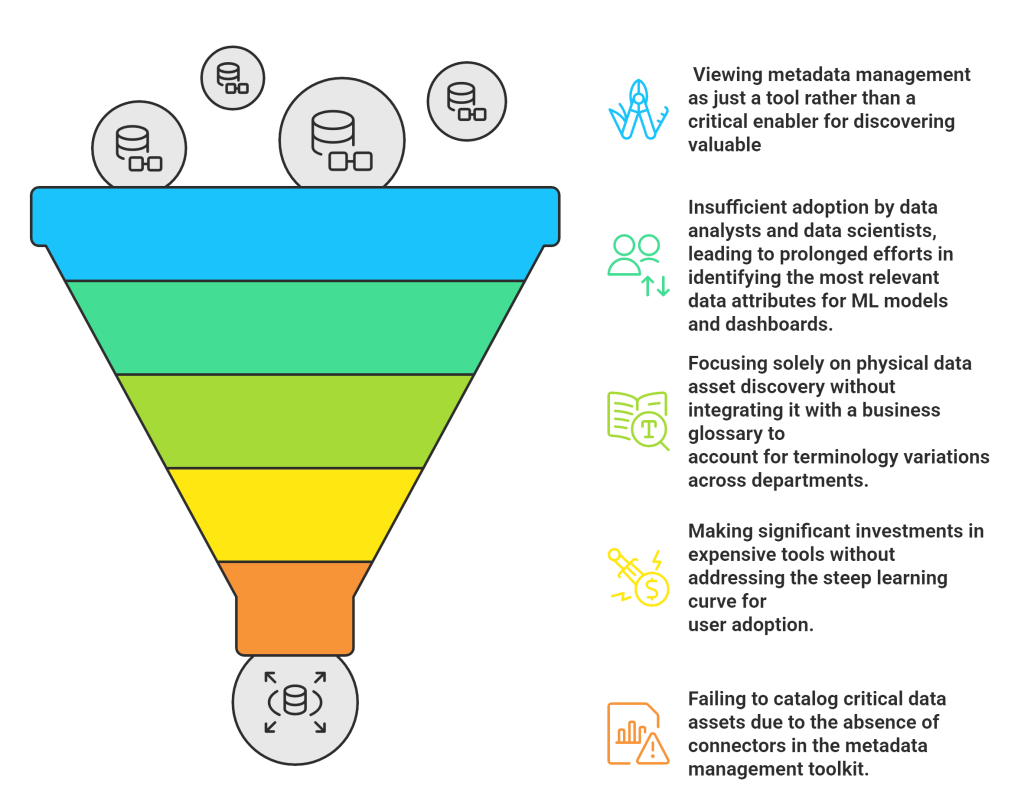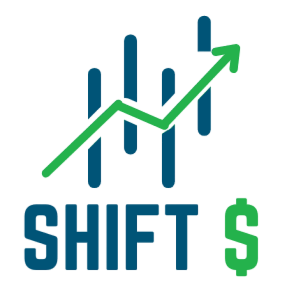- About Us
- Expertise Zone
- Success Stories
- Analytics Solution – Investment Bank
- Customer 360 – Retailer
- Data Lineage – Trading Exchange
- Data Quality – Financial Organization
- Leveraging Financial Information – Generative AI
- Data Privacy Program – Financial Organization
- Digital Transformation – Mobility Support
- Digital Transformation – Healthcare
- Work With Us
- Succeed Together
- 250 Main Street, 2nd Floor, USA
- support@example.com
- About Us
- Expertise Zone
- Success Stories
- Analytics Solution – Investment Bank
- Customer 360 – Retailer
- Data Lineage – Trading Exchange
- Data Quality – Financial Organization
- Leveraging Financial Information – Generative AI
- Data Privacy Program – Financial Organization
- Digital Transformation – Mobility Support
- Digital Transformation – Healthcare
- Work With Us
- Succeed Together
Agile Business Transformation
The Challenge: Navigating Rapid Changes in a Dynamic Environment
Imagine this: Your organization needs to update a critical operational system—a change that could unlock new efficiencies or open doors to innovation. But there’s a catch. This system is deeply interconnected with others—inventory, CRM, financial reporting, and more. Without a clear understanding of these dependencies, even a small change could trigger business disruptions, data inconsistencies, and costly delays.
This is the reality for many businesses today. In a world where agility is key, change is constant, but so are the risks. How can you ensure that your next system update doesn’t spiral into a costly mistake?
The Solution: Metadata Management for Clear, Confident Change
Enter metadata management—your roadmap to navigating complex changes with confidence.
Here’s how it works:
- Data Lineage: See the full picture. Metadata management tracks how data flows across systems, so you can predict the impact of a change before it happens. No more guesswork, no more surprises.
- Physical Data Catalog: Know where your data lives. With a searchable inventory of all data assets, you can quickly identify which systems will be affected by a change.
- Business Glossary: Speak the same language. Standardized definitions ensure everyone—from IT to business teams—understands the implications of a change.
In the case of that organization, metadata management would have:
- Mapped the dependencies between the critical system and its connected systems.
- Highlighted potential risks and provided a clear plan to mitigate them.
- Enabled a smooth, disruption-free transition.
With metadata management, you don’t just manage change—you master it.
Beyond Change: Metadata Management for Regulatory and Risk Projects
Metadata management isn’t just about agility—it’s also your secret weapon for compliance and risk management. Take GDPR, for example. With metadata management, you can:
- Discover Sensitive Data: Quickly locate personally identifiable information (PII) across your systems.
- Create Audit Trails: Track how data is collected, processed, and shared, making compliance reporting a breeze.
- Enforce Data Governance: Ensure consistent definitions and usage of regulated data, reducing the risk of non-compliance.
Whether you’re preparing for an audit or safeguarding customer data, metadata management gives you the tools to stay ahead of regulations and protect your business.
What is Metadata Management?
Think of metadata management as a GPS for your data. It helps you:
Find Your Way: A comprehensive data catalog acts like a detailed map, showing you exactly where all your data lives—whether it’s structured, semi-structured, or unstructured. This makes it easier to access and utilize the right data, at the right time.
Speak the Language: A well-maintained business glossary ensures consistency by aligning everyone on common terms and definitions. This eliminates confusion across departments, fosters clearer communication, and improves data literacy across the organization.
See the Connections: Data lineage allows you to trace the entire lifecycle of your data—from its origin to how it flows through various systems and processes. This insight helps you understand not only where your data comes from but also its impact, dependencies, and how it influences key business decisions.
Additionally, metadata management promotes collaboration and transparency by ensuring that everyone from data engineers to business analysts is working with the same understanding. It streamlines data governance, reduces risk by identifying sensitive or non-compliant data early, and enhances compliance with industry regulations.
By enabling organizations to unlock actionable insights more quickly, metadata management helps foster innovation and data-driven decision-making. It empowers companies to make informed, strategic choices while mitigating risk, ensuring data integrity, and building a robust foundation for future growth.
In short, metadata management transforms your data from a siloed asset into a strategic powerhouse—empowering smarter decisions, faster innovation, and stronger compliance.
Metadata Management Framework Challenges
Many companies fail to fully leverage their metadata management frameworks due to the challenges highlighted in the infographic below.

Our Unique Approach
We bring unparalleled expertise in deploying both industry-leading tools, such as Microsoft Purview, Informatica EDC, and Axon, as well as crafting fully customized metadata management solutions for enterprises of all sizes. For unique business needs, we go the extra mile—developing custom API handlers to seamlessly capture data assets not supported by native tool connectors.
With our proprietary Technical Mindfulness (TM) framework, we ensure every solution aligns with your organization’s vision, empowering your teams to unlock the full value of their data ecosystem.

